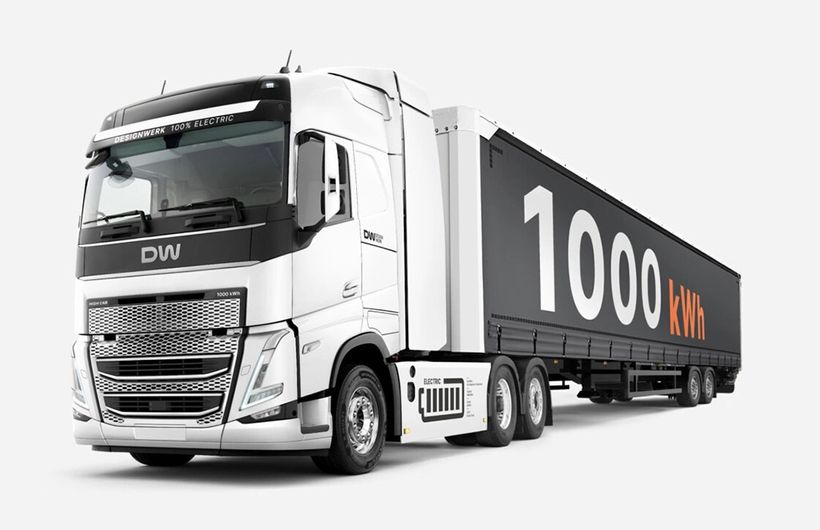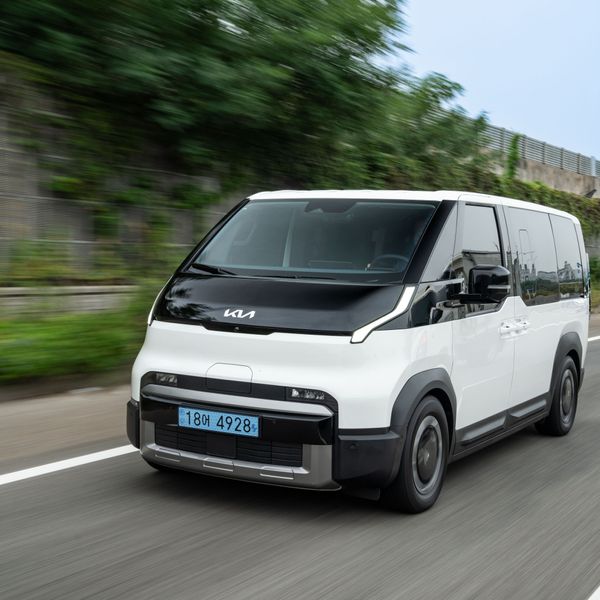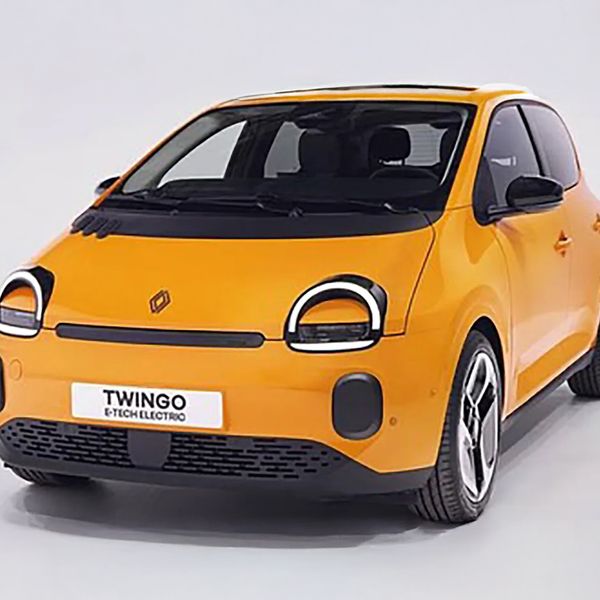If you suffer from range anxiety and fancy something with a bigger battery, Swiss eMobility specialists Designwerk may have the answer in the form of a new all-electric tractor unit that comes with a 1,000kWh pack.
Although only 864kWh of the pack is usable to day-to-day use, it is thought to be the largest commercially available battery available. According to Designwerk, which aims to start deliveries late next year, its latest E-Truck (which takes the form of a traditional tractor unit) will have a range of between 358 and 400 miles when coupled to a full laden trailer. The battery installed in the truck come from the Swiss company’s in-house battery production.
The E-Truck can DC rapid charge at speeds of up to 350kW, with a 10-80% charge likely to take around an hour and a half, according to the brand’s test figures.
The large pack is available across Designwerk’s range which consists of a 4x2 chassis, 6x2 chassis and a tractor unit for towing trailers. In the latter, the battery pack is installed behind the driver’s cab rather than between the axles. However, the sheer size of the pack means that the tractor unit is around a meter longer than a standard one. As a result, Designwerk has sought special permits for markets where the increased length exceeds vehicle regulations.
The vehicle will be launched in the Swiss and Scandivanian markets initially and will be available in Mid and High Cab cab forms. Power comes from a 670bhp electric motor that uses a single-speed gearbox designed and developed by Designwerk.
While the Designwerk name will be unfamiliar to many, the Swiss brand is owned by Volvo Group, which is a separate company to Volvo cars, which is part of the Chinese Geely empire.
Designwerk founder and board member Tobias Wülser commentedl: “Large capacity batteries make the energy efficiency of electric trucks even more apparent. In this case, our electric vehicle consumes 52 percent less energy than a diesel vehicle.” It is not only from a commercial point of view that the figures favor the e-truck. With an average mileage of 120,000 kilograms per year, the CO2 savings with a Swiss electricity mix are 74 percent over the entire service life of the vehicle.
As with electric cars, the e-truck industry is dependent on the continued roll-out of the recharging network, which remains patchy in many parts of Europe. However, Volvo Group is working with Daimler Trucks on a new charging network for heavy goods vehicles, coaches and buses and aims to install hundreds of new sites in the coming years.
 The E-Truck can DC rapid charge at speeds of up to 350kW, with a 10-80% charge likely to take around an hour and a half
The E-Truck can DC rapid charge at speeds of up to 350kW, with a 10-80% charge likely to take around an hour and a half 











